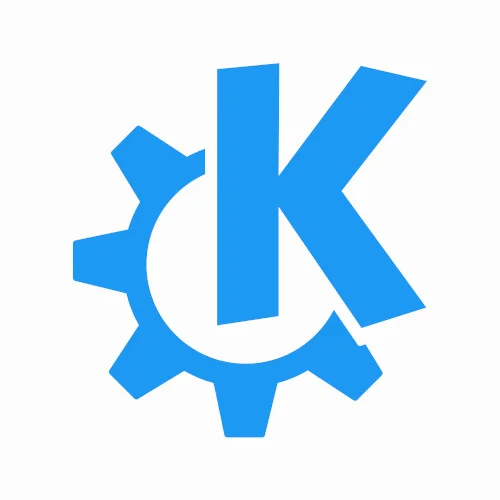A Call To Move Games Outside Of Linux Desktop Environments, Own Wayland/KMS Setup

While gaming on Wayland improves the rendering workflow compared to X11/X.Org and makes the process more efficient, it's still not perfect. The desktop's compositor will still receive damage events potentially from other windows and other resources are taken away that ideally could be utilized by the running, full-screen game to provide a better experience.
Similar to Martin's past recommendation that gamers should launch their full-screen games in their own X.Org Server, he's hoping to remove the desktop from the equation even on Wayland. He wrote in today's blog post, "Games should talk to kernel mode settings directly, games should interact with libinput directly. Let’s remove everything in between, we don’t need it, it only can worsen the gaming experience." The idea is that launching a game would create a "sub-session" on a new VT and act just like a Wayland compositor while rendering via EGL on top of DRM/GBM. Or for cases where other support is needed outside of the game itself (external communication program, etc), the game should launch its own Wayland instance.
Besides needing to work through many technical challenges to get such a setup working, there would be other obstacles like broken Alt+Tab support. Nevertheless, it's an interesting idea and would be neat to see SDL2 have such support streamlined.
You can read more via Martin's blog.
45 Comments

